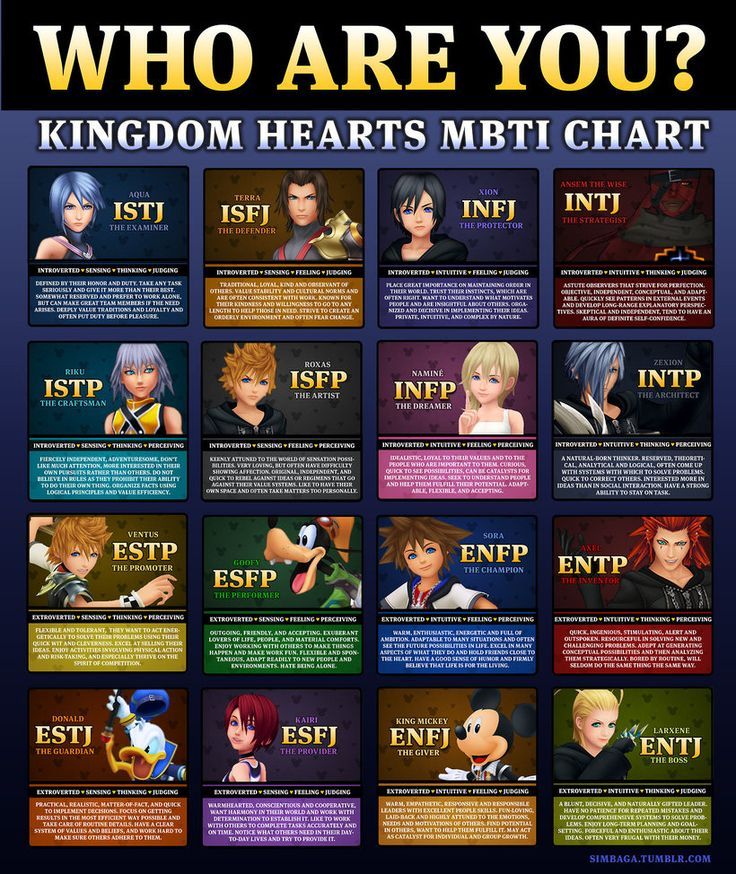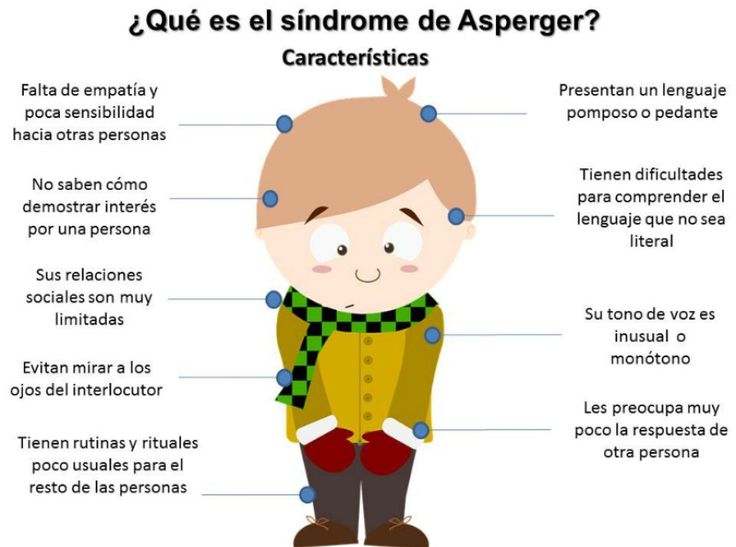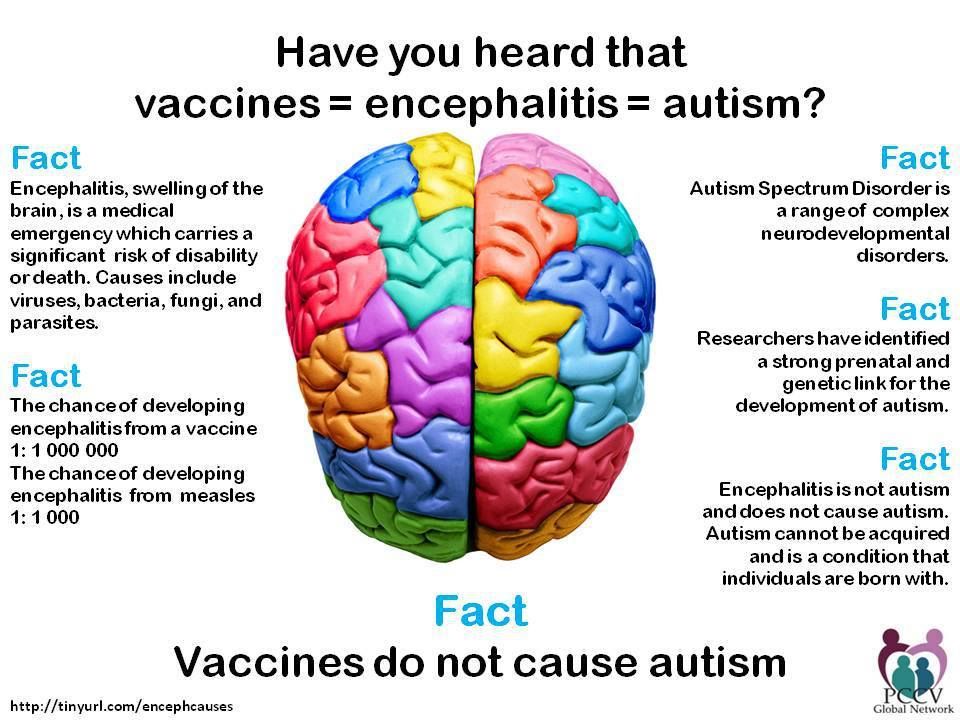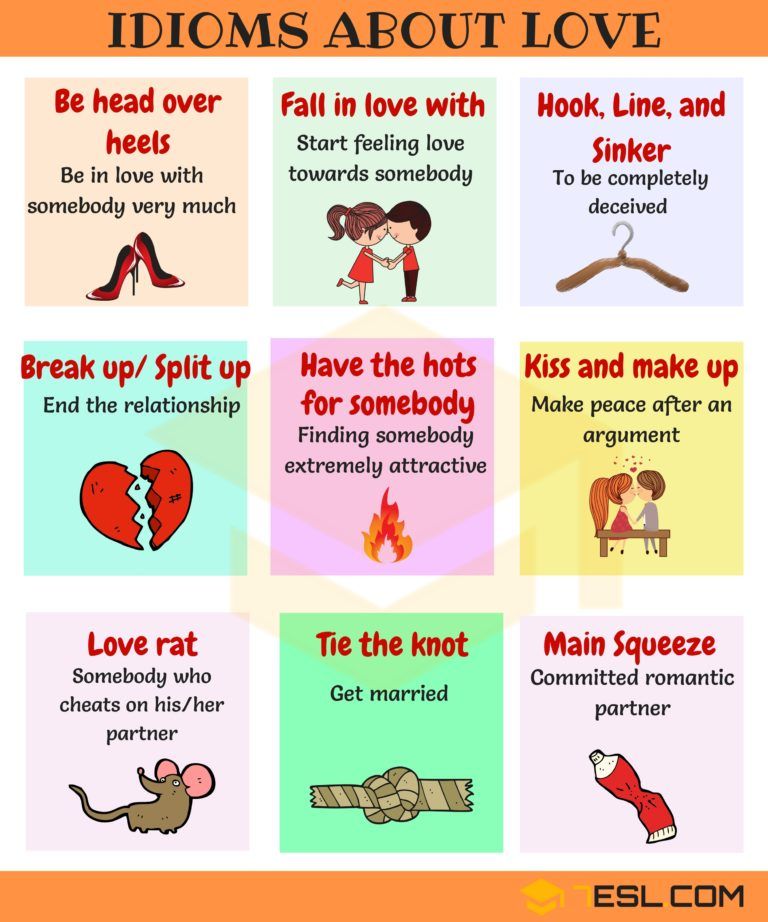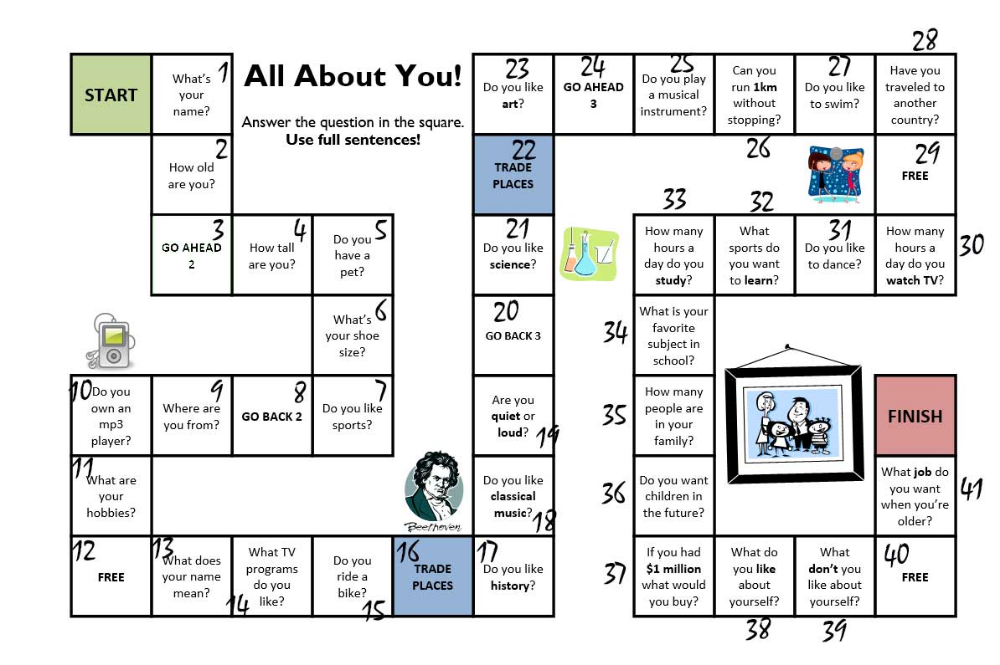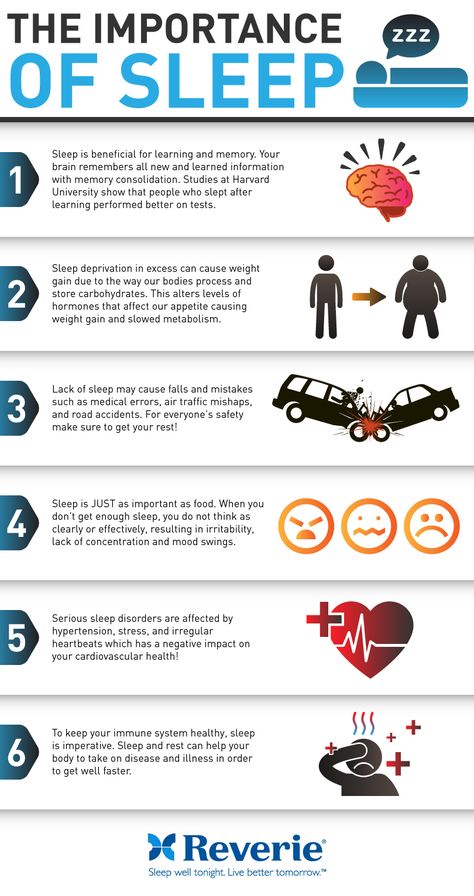Stop being so needy
10 Helpful Ways to End Neediness
A shocking recent study revealed clinginess as one of the biggest relationship turn-offs.
Feeling clingy or needy for attention can stem from a lack of self-esteem or a fear of rejection. If you’ve been clingy in the past or felt someone clinging to you, you know how detrimental it can be to a longer-term friendship or relationship.
Fortunately, there are many simple self-awareness and personal growth strategies to free yourself and others from clingy behavior. Here are 10 ways to end clinginess forever so that you can maintain balanced, healthy connections with others.
What Does it Mean to Be Clingy?
To be clingy is to stay highly close or dependent on someone for emotional support and a sense of security. Clingy people may feel desperate to latch onto their friend or partner and depend on them for constant check-ins, updates, and responsiveness to all needs.
The signs of clinginess may be unique to different relationships and cultures. Not everyone will consider the same things to be clingy, but these are the most common clingy behavior “red flags”:
- Constantly asking for reassurance (Do you really love me? Are you sure you’re my friend?)
- Fear of being alone
- Feeling very insecure
- Obsessively worrying that people don’t like you or don’t want to be around you
- Putting friends on a pedestal or thinking they are perfect
- Feeling jealous when friends or partners hang out with other people
- Radically changing tastes when around new people (acting so much a “social chameleon” that you do not show up as who you truly are)
- Stalking someone’s social media
- Texting lots of messages at once
- Calling someone several times a day
- Demanding to know where someone is or who they are with
- Compulsively checking for text messages from a friend or partner
- Feeling panicked when someone doesn’t respond
↑ Table of Contents ↑
Why Do People Get Clingy?
Many people use clinginess as a coping mechanism to feel more secure. They keep their friends or romantic partners as close as possible to reduce the possibility of cheating or jealousy.
They keep their friends or romantic partners as close as possible to reduce the possibility of cheating or jealousy.
Clinginess can come from deep inner insecurities that stem from childhood:
- Fear of being alone
- Abandonment issues
- Childhood trauma
- Poor modeling of healthy secure attachments
- Unavailable or avoidant caretakers
Clinginess can also result from patterns of adolescent or adult behavior:
- Craving attention
- Jealousy
- Craving closeness
- Lacking self-confidence
- An absence of social skills
- An inability to “read” people
- Lack of self-identity or purpose
- Fear of rejection
- Wanting someone to “complete” you
↑ Table of Contents ↑
10 Tips to End Clinginess Forever
Clingy people often seek something in others to help them feel complete, secure, or in control.
Ending clinginess requires digging down beneath the surface to excavate the hidden reasons behind your desire for intense closeness and dependency.
Here’s how to end clinginess once and for all so that you can feel free to love and enjoy people without depending on them for your sense of security.
#1 Find Out if You Really Are ClingySometimes clinginess comes down to personal preferences. Different people are OK with varying levels of closeness based on their attachment styles and upbringing.
Every person, culture, and situation has a different way of defining what “clingy” is and what is not. To find out if you are clingy, directly ask for people’s opinions in your life. You can also observe how they respond to you in different situations.
Action Tip #1: If you want to confront clinginess head-on, start chatting with a trusted friend or family member.
You can ask your friend a few of these questions to help uncover whether or not you are clingy:
- “I’ve been doing some self-reflection, and I realized that sometimes I can be kind of needy for attention.
 Are there any social cues I’ve missed from you or others trying to tell me that I’m being too needy?”
Are there any social cues I’ve missed from you or others trying to tell me that I’m being too needy?” - “I care about people a lot, and sometimes I think I can be too much. Do you think I am too intense at times?”
- “How much communication feels good for you at this point in our friendship? Will you let me know if I am ever texting or calling you too often?”
- “I know you’re busy and don’t want to take up too much of your time. Do you need some extra space or is our level of interaction at a good point for you?”
Action Tip #2: If you feel awkward directly asking someone their opinion on you, you can take the observation route instead.
Check to see if your friends are giving off any of these signals that you may be a little too clingy:
- They avoid or cancel plans
- They don’t mention other friends or acquaintances in front of you
- They seem exasperated annoyed when you ask for repeated validation
- They say “I need some space”
- When you express your worries about your other relationships to them, tell you to “stop thinking worst-case scenario” or insist “they’re just busy”
- They try to hang out with you in groups
- They try to create more distance between your friendship
If you realize that you are being clingy in a relationship, there is no need to panic or feel ashamed.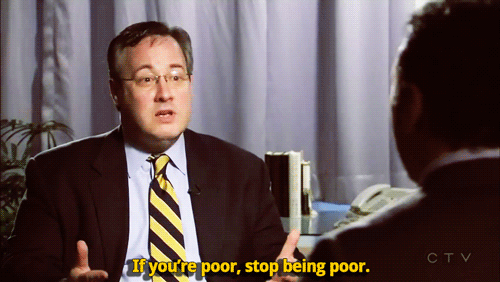 Instead, dedicating some time to focus on your personal growth can help uncover why you feel so attached to people in your life.
Instead, dedicating some time to focus on your personal growth can help uncover why you feel so attached to people in your life.
↑ Table of Contents ↑
#2 Work On Your LikabilityIf you’re like most people, being likable can look like this…
But it doesn’t have to be that way! If you’re naturally clingy, you might have a tendency to want people to like you. That’s totally natural, but are you doing it the right way? Learn to be likable with the right tools:
↑ Table of Contents ↑
Be The Most Likable Person In The RoomLearn the skills we’ve taught 500k+ students to become more charismatic and successful—including:
- 💝 5 phrases that will make you instantly more likable
- 🤯 Our secret likability strategy for introverts
- 💬 The #1 trick to never running out of things to say
Name *
Email *
↑ Table of Contents ↑
#3
Dig Down to the Root CauseClinginess is most commonly an outward symptom of a deeper issue.
Clinginess is a signal calling attention to something about yourself you need to fix.
Clinginess is usually a result of your own need for certainty or validation.
Unfortunately, insecure clinginess can result in a toxic cycle of neediness. You may feel afraid of judgment, so you reach out for more support and validation from your friends. This could make them pull away from you, leading you into a downward spiral.
One way to break that cycle is by taking your responsibility into your own hands instead of relying on others to “fix” you.
Action Tip: If you want to get to the bottom of your clinginess, begin with a few reflections and journaling prompts. This exercise is a great starting point, but you may need a professional therapist or counselor to help sort through messier emotions that you don’t feel equipped to handle on your own.
- Clear your area and start with a piece of blank paper.
- Take a few deep breaths and then read each question below.
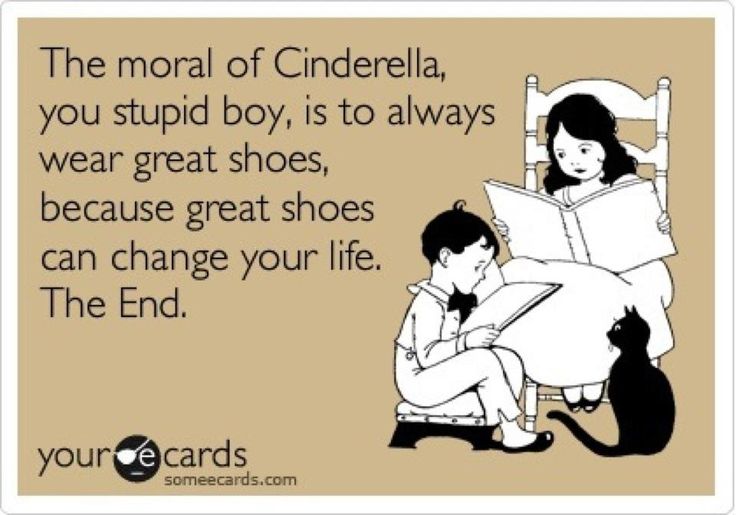
- Write the first answer that comes to mind.
- Don’t judge yourself or edit your answers. Simply jot them down and move to the next.
- Remember, nobody will ever read this and you can even scrap the paper when you are done. This is simply a reflection exercise to help address subconscious feelings you may have repressed.
Helpful questions to ask when trying to get to the root cause of clinginess include,
- How do you define a healthy friendship or relationship?
- What does intimacy mean to you?
- How do you nurture the people close to you in your life?
- Are you afraid of being alone? If so, why?
- How do you feel when someone you care about is too busy for you at the moment?
- What fears arise when people don’t respond to you right away?
- What does good communication look like?
Think you might be dealing with some deeper issues? Consider reaching out to a counselor or therapist to get some help. Mental Health America has a great resource to find the help you might need.
Mental Health America has a great resource to find the help you might need.
↑ Table of Contents ↑
#3 Understand Your Attachment StyleAttachment styles describe how people behave and interact with others based on their upbringing and relationships with their childhood caregivers.
Psychologists John Bowlby and Mary Ainsworth first developed the Adult Attachment Theory in the 1950s and it has since been refined and elaborated by psychologists around the world.
Basically, their theory can help you better understand why you may act certain ways in your adult relationships with other people.
Researchers have identified 4 major types of attachment that come from certain childhood experiences:
- Secure: Secure attachment comes from healthy childhood experiences with caretakers who were present and available to meet their needs. They typically feel secure and protected in their adult relationships and are less prone to “needy” behavior.

- Avoidant: People with an avoidant attachment may seem emotionally available, reluctant to share intimacy, and dismissive of others. They have difficulty reaching out in times of need and are almost the opposite of “clingy”. Often, they seem to attract clingy people because they tend to withdraw when others try to get close to them, sometimes resulting in the vicious cycle of clinginess we described above.
- Ambivalent: People who were raised with unavailable or inconsistent caregivers may have a more anxious or ambivalent attachment. They feel anxiety about whether or not people really love them and maybe preoccupied with the actions, words, or schedule of others, leading to “needy” behavior.
- Disorganized: Typically people who experienced childhood trauma or unpredictable caretakers have a disorganized or anxious-ambivalent attachment. They may lack coping strategies for dealing with life’s daily challenges and as a result can be unreliable, inconsistent, or even fearful of close friendships or relationships.
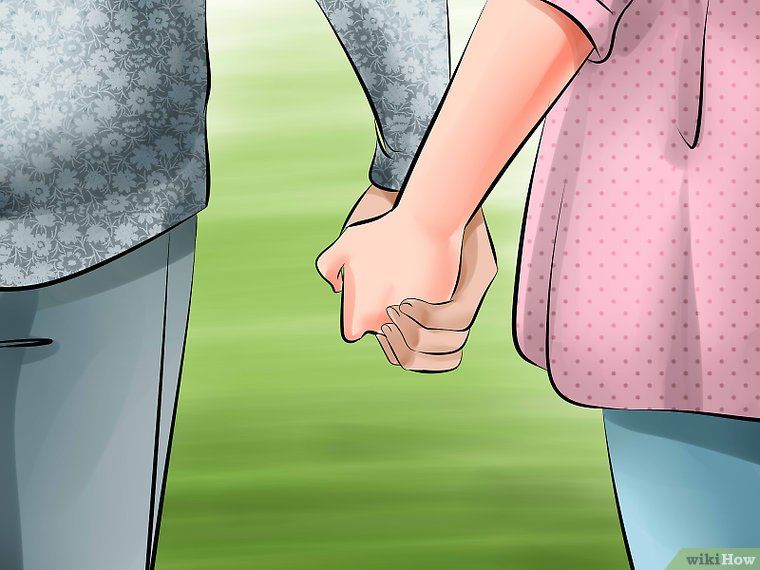
Anyone can experience a tendency toward clingy behavior, but ambivalent and disorganized attachment styles are more likely to feel needy in their friendships. This could be because they did not experience secure love or nurturing from their childhood caretakers.
You can use this information to analyze the underlying psychology that you bring to relationships and work to adjust accordingly.
For example, if you discover that you lean more toward an ambivalent attachment style, you may want to work on getting clear about communicating your needs in specific relationships.
It could help to regularly tap into your existing support system or use spirituality to practice detachment from controlling others. You can also begin to recognize when you’re displaying anxious behaviors and research how to lean more toward secure attachments.
Speak to a mental health professional for further guidance on your attachment style.
Action Tip: Take our Attachment Style Quiz and watch the video below to get an idea of how your childhood experiences have affected your adult relationships.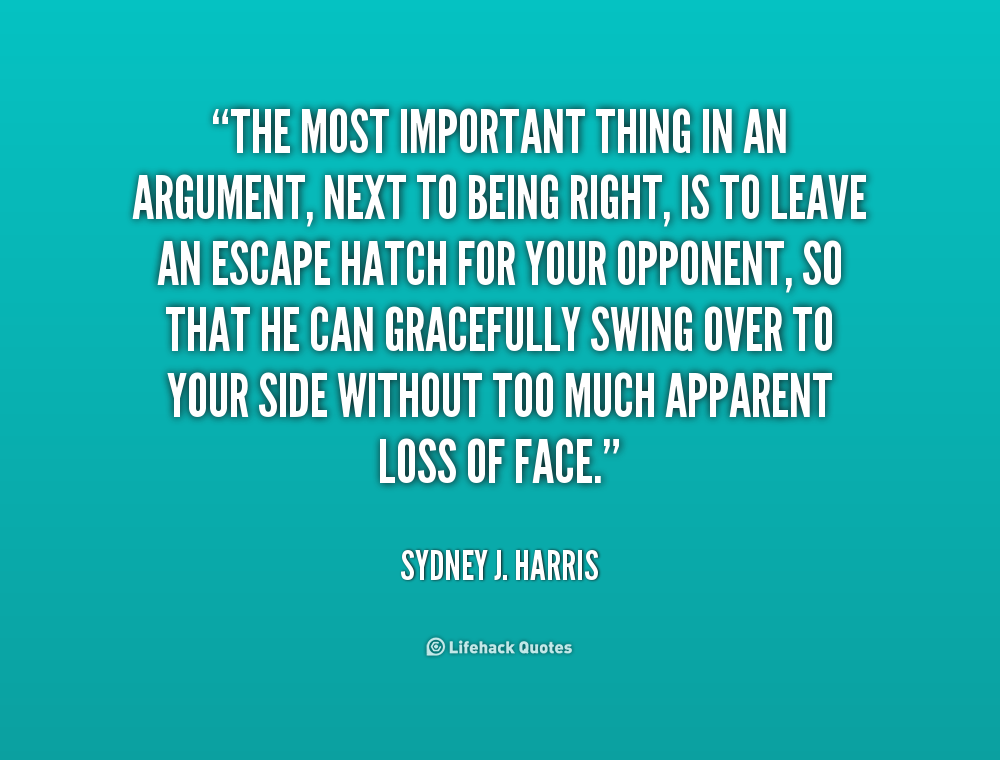 Understanding your attachment style(s) can be very useful for delving into personal growth, self-love, and building a foundation for more security in your relationships.
Understanding your attachment style(s) can be very useful for delving into personal growth, self-love, and building a foundation for more security in your relationships.
↑ Table of Contents ↑
#4 Let People Feel FreeAttachment and clinginess can make people feel trapped or suffocated by your presence.
“You must love in such a way that the person you love feels free.” -Thich Nhat Hanh
This ancient quote from Vietnamese monk Thich Nhat Hanh is a great reminder that love and friendship can exist without overtaking your life. It is vital to share connections with people without feeling too attached or possessive of them.
If you care about someone, it is essential to let them know by spending quality time with them and expressing gratitude. However, monopolizing someone’s time or maintaining constant communication could make them feel cornered or smothered.
If you want the people you care about to feel free, remember to give them the space they need to thrive.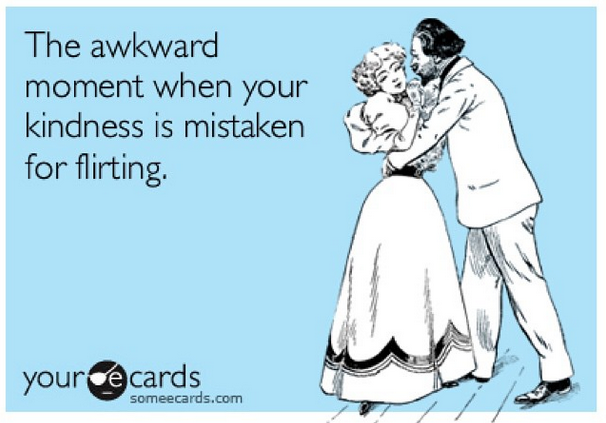
Action Tip: You can help create more freedom in your relationships by dedicating special alone-time for yourself. Mark an hour in your calendar this week specifically for “me-time.” Turn off your phone and use this hour to do your favorite hobby, take a walk in the park, or practice a self-care ritual. Alone time is linked to greater confidence, higher emotional intelligence, more creativity, and greater emotional stability in challenging situations.
↑ Table of Contents ↑
#5 Create an Inspiring LifeIf you want to stop feeling clingy, fill your schedule with more hobbies, lessons, projects, and friendships. The fuller your life is, the less time you have to worry about whether or not people are thinking of you.
Sometimes clinginess can come from boredom or low-lying anxiety.
If you don’t have enough things to preoccupy your mind, you may check your phone every 5 minutes, hoping your friend or crush texted you.
This is problematic on multiple levels:
- You are preoccupied with what other people are doing rather than focusing on what you are doing.

- You feel disappointed when nobody has contacted you (because they are probably busy with their own lives).
- You waste your time in cycles of worry that they don’t like you anymore, resulting in lower self-esteem and potentially more clingy behaviors (for example, texting them 5 more times in the middle of the day expressing your concern that they haven’t responded).
- You may become annoying to the other person.
- You give off the vibe that you are not working on anything interesting for yourself, which could make you be perceived as boring and result in fewer social interactions.
In psychology, this is based on the Scarcity Principle: people are magnetized to things that are available in limited supply. Companies use scarcity and exclusivity to sell thousand-dollar designer bags or limited edition cars.
Those brands are rare and hard to get. Therefore people want them more and are willing to pay exorbitant amounts to acquire them. It’s basic supply and demand.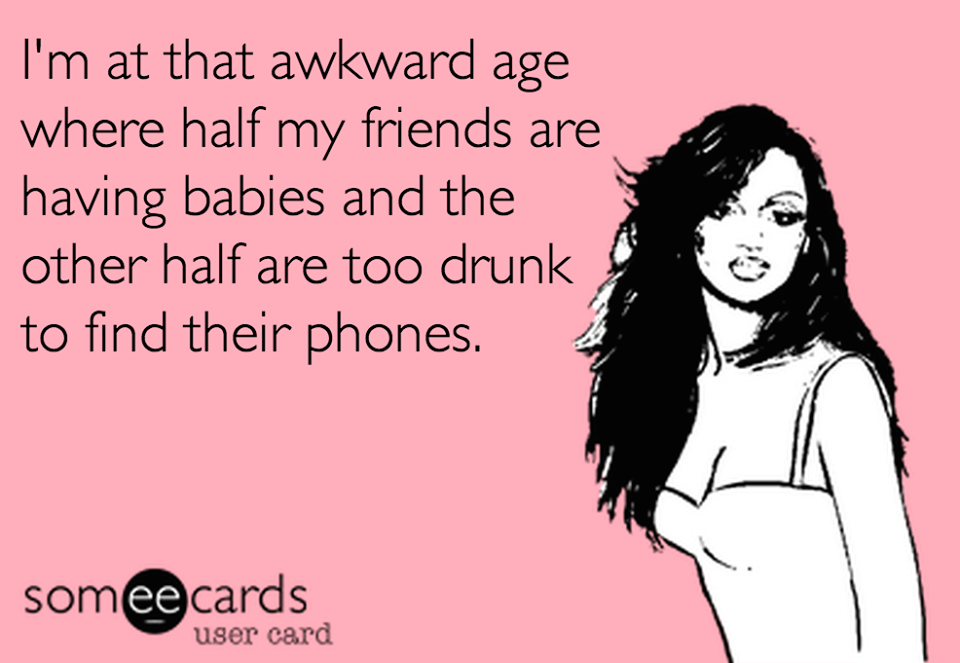
Psychologists have also found that people who play “hard to get” are more desirable to prospective mates. Why is that?
When your time is available in unlimited supply, your friends may feel that they can hang out with you at any moment; therefore your interactions are not as “scarce” or unique.
Your attention becomes more of a commodity than a designer brand.
On the flip side, when you live a full life with more inspiration, hobbies, and things to talk about, your time is more precious, and your friends could want to spend more time with you.
You could unintentionally start displaying clingy behavior by making yourself overly available to your friends or significant other.
Don’t misinterpret this as being mindlessly busy for no reason. Instead, try to seek out new hobbies, passions, or a deeper purpose for your daily activity. You may accidentally fall into clingy or needy behavior if you have too much time on your hands.
Action Tip: If you want to be less clingy, fill your time with more work, research, activities, and trying new things. Check out our guide on 40 Productive Things to do When You’re Bored.
Check out our guide on 40 Productive Things to do When You’re Bored.
↑ Table of Contents ↑
#6 Don’t Idolize Your FriendsPutting someone on a pedestal means you begin to admire them so much that you can’t see their flaws or think they are perfect. You may elevate them in your mind, adore everything about them, and do anything to be in their presence.
This most commonly stems from feeling inferior. An inferiority complex is defined by thinking you are lesser than others. When you idolize friendships, you may begin to think of them as better than you, leading to more feelings of inadequacy and insecurity.
Idolizing a friend or lover may look like this:
- Thinking they are perfect or flawless
- Seeing them as “larger than life” or better than you
- Feeling desperate to be around them
- Having a hard time noticing their flaws
- Wishing you were more like them instead of embracing your own uniqueness
- Copying them
- Trying to dress or act like them
- Crafting your identity around being friends with them (for example, when you are talking to other people, you are quick to bring them up and brag about them as a core tenant of your life)
- Doing anything you can to make them happy
- Sacrificing your own time or well-being for them
While you may be friends with some incredible people, avoid putting them on a pedestal by remembering that they are only human. You can look up to them for inspiration, but you must remember not to idolize them as “better than you.”
You can look up to them for inspiration, but you must remember not to idolize them as “better than you.”
Action Tip: Think of 5-10 things you genuinely admire about your friend either out loud or on paper. Next, write down 5-10 things that people love about you or like about yourself, specifically things that make you utterly unique from your friend. It may help to think of what someone you love would say about you.
This could include your intellect, voice, talent, physical attributes, or personality quirk that you enjoy about yourself. It can often be hard to remember your strong points, especially if you are prone to self-criticism.
Speaking or writing things outside your head can help you look at them more objectively. Use this list to remind your friend is not “above you” or better than you. You both bring unique attributes to the table.
↑ Table of Contents ↑
#7 Respect Boundaries and Establish Your OwnOne of the most challenging things about clinginess is the feeling of crossing your boundaries and those you care about.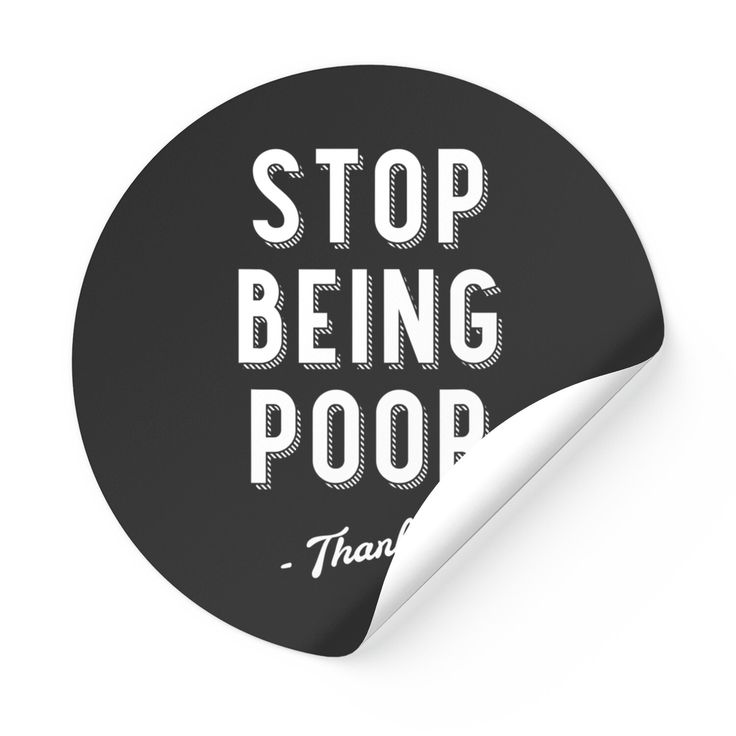 Understanding how to set boundaries is crucial for ending clingy behavior altogether.
Understanding how to set boundaries is crucial for ending clingy behavior altogether.
Boundaries are essentially the “rules” of interacting in your relationships. If you don’t understand your friends’ boundaries, it can be hard to know whether or not you are being clingy.
Clear boundaries define healthy relationships that everyone involved understands:
- How often you want to communicate (text, call, or in-person)
- How frequently you see each other
- What types of topics you avoid discussing
- When each person needs time to themselves
- How you interact with each other
Action Tip: Learn how to Set Boundaries and brainstorm 5-10 boundaries you’d like to discuss with your close friend or significant other. For example, you may only want to hang out once per week on Sundays. Sharing this boundary will result in fewer feelings of clinginess because you won’t constantly be waiting for the next time to see them.
↑ Table of Contents ↑
If you notice yourself starting to cling to one specific person, consider getting out of your comfort zone and expanding your social group.
There are many benefits to maintaining a diverse network of friends:
- More opportunities for personal growth
- Exposure to different ways of thinking and living
- Unique conversation topics
- More networking and professional development
- Avoid fixating on one person
Every time you go out to a new place, start a new job, attend a Meetup, or sign up for a new class, you are putting yourself in a situation to meet new people. Take advantage of the opportunity to expand your friend group so that you don’t feel so clingy to one person.
Action Tip: Learn the science-backed tips popular people use to attract more friendships. Put them into practice in new social situations to diversify your friend group.
↑ Table of Contents ↑
#9 Avoid Hierarchies of Friends“Best” friendships can be incredibly nourishing and exciting because they allow for a depth of connection.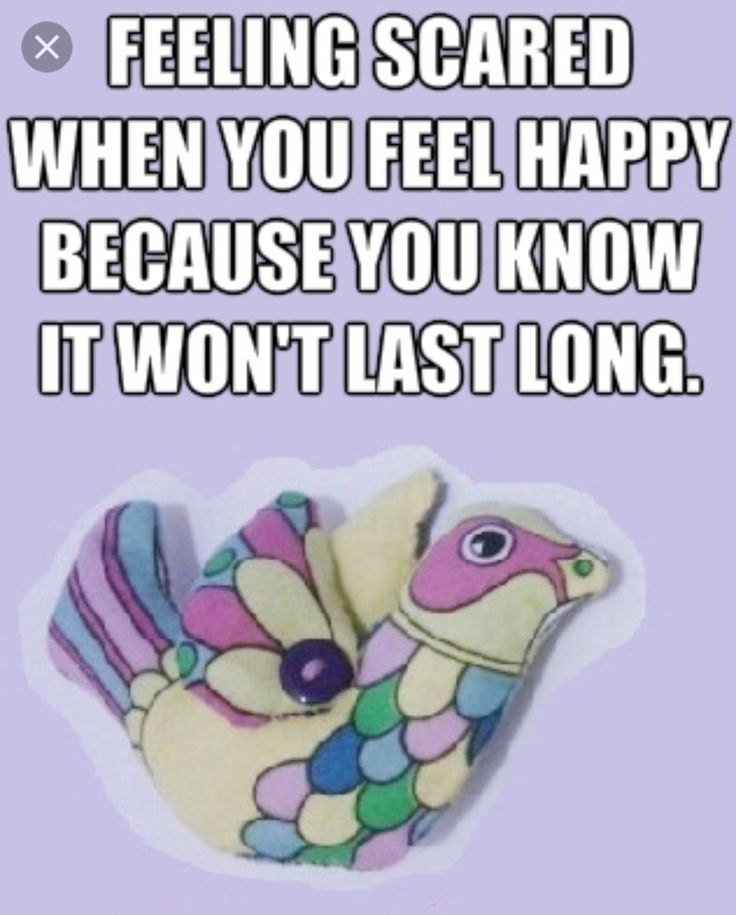
However, categorizing your friendships can also be a sign of clinginess. You may feel attached or possessive over your “best” friend, perhaps getting jealous when they hang out with other people.
Instead of seeking “best” friends, avoid creating a hierarchy of friendships.
Instead, think of your friends as unique individuals who each play different roles in your life.
One friend may be your gym buddy, while your other friend is who you like to cook with. Thinking of one individual as your “everything” friend could be a warning sign of clinginess.
↑ Table of Contents ↑
How to Not Be Clingy Over Text
Texting has made communicating with your friends more effortless than ever. Still, it can also give a false illusion that everyone is available all the time. Clingy people want attention and validation from their friends right now. Secure individuals tend to recognize that people have hectic lives. Therefore they may not respond on time.
Instead of constantly reaching out on your own, practice these guidelines for avoiding clinginess over text:
- Don’t constantly text first
- Alternate invites. Invite them sometimes, but also wait for invites from them (avoid inviting yourself or always being the inviter)
- Avoid sending multiple texts at a time
- Keep texts short
- Wait a little while to respond to texts
- Plan for a phone call or hangout instead of dumping large volumes of information in text message
- Turn off audio text notifications on your phone
- Avoid constantly checking your phone for texts
Action Tip: If you feel the need to impulsively text your friends out of boredom or a need for attention, distract yourself with something interesting like watching a new TED Talk, perusing your favorite social media channel, or reading a book about your favorite topic.
↑ Table of Contents ↑
How to Not Be Clingy In a Relationship
A 2021 study found that clingy behavior is the biggest turn-off in romantic relationships. The survey of over 1,400 young adults in their twenties and thirties reported 78 difficulties they’ve experienced in relationships.
The survey of over 1,400 young adults in their twenties and thirties reported 78 difficulties they’ve experienced in relationships.
Clinginess and neediness rang in at the top of the list, ahead of fading passion, bad sex, and even infidelity!
No one wants to be the clingy one in a romantic situation. People are psychologically more attracted to those who are “hard to get.”
But persistent media representation of intense “give you everything” types of relationships can lead to unrealistic ideas of romance. It is simply impractical and unproductive to spend every waking hour yearning for another person’s attention.
Modern notions of love portray someone as “completing you” or becoming “your better half” in the media. Hollywood often romanticizes feeling broken and lost until you find this perfect person that somehow completes you.
First, recognize this pattern in the media and explore why it may not play out well in real life. This perspective can be incredibly damaging to romantic relationships.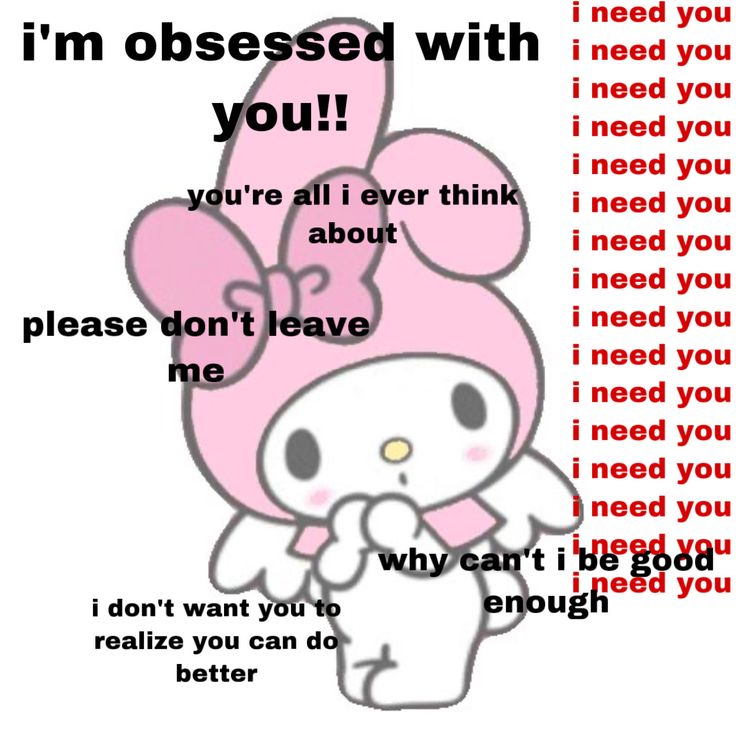
A healthy, secure attachment style is founded on boundaries and mutual desire.
If you want to avoid clinginess in a romantic relationship, work on communicating those boundaries and practicing your independence:
- Set clear communication boundaries (when you text, how often, etc.)
- Openly express your needs
- Independently explore your own hobbies
- Make time for other relationships in your lives
- Decide how often you want to see each other (relationship counselor Garrett Coan advises the “70/30” rule: the most harmonious marriages spend roughly 70% of their time together and 30% apart)
- Grow your own self-confidence
For two people to come together as a strong relationship, they need to be rooted in their confidence, security, and life path.
Once you learn how to stand on your own and love yourself for who you truly are, you can bring that love into a relationship without risking needy or clingy attachment.
↑ Table of Contents ↑
The Clingy Takeaways
If you’ve found yourself being clingy in any friendship or relationship, it is nothing to be ashamed of. Clinginess is a common phenomenon amongst people with certain attachment styles, insecurities, and behavior patterns.
Fortunately, you can stop being clingy by practicing a few mindset and habit shifts:
- Ask people if you are “too needy” or intense; clingy behaviors often manifest as a dependency, fear of loneliness, or seeking validation.
- Clinginess is a signal calling attention to something about yourself you need to fix. Examine your insecurities and work to improve your self-esteem.
- Living an entire life of hobbies, work, and diverse interests leaves little time for clinging to other people. Replace boredom with productive activities.
- Take a quiz to learn your attachment style and help uncover how your childhood may shape your adult relationships.
- Avoid idolizing your friends.
 Putting people on a pedestal only hurts you in the long run.
Putting people on a pedestal only hurts you in the long run. - Clear boundaries around time and communication are like the “rules” of a relationship to help maintain your independence.
Remember that clinginess is a no-win situation. It doesn’t benefit you or the other person. It can often wind up pushing them away and making you feel bad about yourself.
Almost everyone experiences minor insecurities in their interactions with other people. After all, you are only human. Everyone is wired to want love and acceptance. Still, it is crucial to balance your relationships with others with your love for yourself.
Learn How to Love Yourself in 17 Ways to start your journey away from clinginess toward more internal fulfillment.
How to Stop Being Needy or Clingy in a Relationship
Have you ever been told that you're too needy? Has your current or a past partner ever accused you of being clingy or dependent? While your intentions may be entirely good, being too needy in a relationship is anything but that.
What Is Being Needy?
Neediness is an excessive need for acceptance or affection that results in that person repeatedly becoming overly attached to people and depending on them too much.
An insecure attachment is often the culprit behind clinginess in relationships, according to relationship expert Jaime Bronstein, LCSW. "It occurs because the person fears that they will be abandoned in some way or unloved, and it most often stems from childhood and their relationship (or lack of relationship) with one or both parents," she says. "In addition, an insecure attachment style can develop from previous romantic relationships if the person felt like they weren't prioritized or didn't receive enough attention or love from their significant other."
Meet the Expert
- Jaime Bronstein, LCSW is a relationship therapist, coach, and the host of “Love Talk Live” on LA Talk Radio.
- Leslie Becker-Phelps, Ph.D, is a licensed psychologist focused on improving relationships.
 She is the author of Bouncing Back from Rejection: Build the Resilience You Need to Get Back Up When Life Knocks You Down; Love: The Psychology of Attraction; and Insecure in Love: How Insecure Attachment Can Make You Feel Jealous, Needy, and Worried and What You Can Do About It
She is the author of Bouncing Back from Rejection: Build the Resilience You Need to Get Back Up When Life Knocks You Down; Love: The Psychology of Attraction; and Insecure in Love: How Insecure Attachment Can Make You Feel Jealous, Needy, and Worried and What You Can Do About It
You may enjoy spending time with your partner, but it’s imperative to have some boundaries in place. With a bit of work and self-awareness, you can learn how to stop being clingy and feel more fulfilled in your relationship.
Read on for expert advice that will help you go from needy to self-sufficient.
What Are Signs of Clingy Behavior in a Relationship?
"It is important to distinguish having needs from being needy," says Becker-Phelps. "Having a need for acceptance and affection is part of being human and is part of what drives people to want close relationships. There is nothing wrong with it, but some people don’t feel comforted or reassured when someone shows caring, so they keep reaching out for more and become needy. " Many clingy behaviors are fear-based, adds Bronstein, and can often be a response to past experiences with a parent or ex-partner who was unreliable or inconsistent with their words or actions. Whatever the cause, there are some clear signs of clingy behavior, including:
" Many clingy behaviors are fear-based, adds Bronstein, and can often be a response to past experiences with a parent or ex-partner who was unreliable or inconsistent with their words or actions. Whatever the cause, there are some clear signs of clingy behavior, including:
- Not giving your partner space or alone time, especially if they have specifically requested it
- Calling or texting your SO nonstop when you're not together
- Panicking if your partner does not respond to your texts or calls
- Monitoring your partner's behavior on social media
- Feeling threatened by your partner's friends or coworkers of the opposite sex
- Attempting to rush into a more serious relationship
- Deceptively creating an image of yourself that your partner finds attractive
- Trying to force a partner to love you
- Attempting to earn someone’s love by doing things they like (and abandoning yourself in the process)
- Asking for reassurance often or frequently asking your partner if they love you
- Being constantly on the lookout for being rejected or betrayed
- Controlling behaviors, such as wanting to track your significant other's location on your phone
If you find yourself, your partner, or someone you know engaging in any or all of these behaviors, it's a sign of relationship insecurity and clinginess. "Someone who loves themselves and feels confident in themselves and the relationship will be able to be apart and not worry," says Bronstein. "They will feel inner peace and stability whether they are with their significant other or not." Conversely, someone who is needy in their relationship will experience anxiety over their partner's commitment to them.
"Someone who loves themselves and feels confident in themselves and the relationship will be able to be apart and not worry," says Bronstein. "They will feel inner peace and stability whether they are with their significant other or not." Conversely, someone who is needy in their relationship will experience anxiety over their partner's commitment to them.
In some cases, the behavior may stem from your partner giving you a significant reason to worry by betraying you in the past through cheating, philandering, or otherwise. "In that case, I suggest that you work through the trust issue with a therapist, counselor, or coach, because it's not healthy to be in a relationship that doesn't have trust coming from both parties," says Bronstein.
How to Stop Being Clingy in Your Relationship
Put Down the Phone
If you tend to be the needy type, you may be used to constantly contacting your partner throughout the day. Whether via text, talking on the phone, or sending pictures, articles, and emails, your days may currently consist of endless back and forth. However, while you may simply miss your partner and enjoy being in close contact with them at all times, this can come off as clingy. Rather than giving your partner space to be able to concentrate on other matters, take on the day, and have some downtime, you may be bombarding, distracting, or annoying them. If you find yourself doing this to distract yourself or procrastinate from doing tasks you don't particularly favor, consider switching it up and texting a friend instead or finding a different outlet for your focus like going for a walk or meditating.
However, while you may simply miss your partner and enjoy being in close contact with them at all times, this can come off as clingy. Rather than giving your partner space to be able to concentrate on other matters, take on the day, and have some downtime, you may be bombarding, distracting, or annoying them. If you find yourself doing this to distract yourself or procrastinate from doing tasks you don't particularly favor, consider switching it up and texting a friend instead or finding a different outlet for your focus like going for a walk or meditating.
When you feel the urge to frequently contact your partner, it’s important to put down the phone. Put it in a box or give it to a friend. Instead, use that time to focus on yourself rather than reaching out.
Pursue Your Own Passions
Being needy in a relationship can often stem from a person’s lack of other interests and hobbies. Strive to have your own life away from your partner and make your personal passions and pursuits a priority. Having activities and pastimes that are important to you can help you to find your own path that’s separate from your partner and create a more whole and fulfilling life for yourself. "Spend more time focusing on your life because your life matters," says Bronstein. "Find other things and people besides your love to spend time with and find activities or hobbies that bring you joy," she continues. "When you are in your joy, you are present, and you don't worry about things, so I highly recommend being in your joy as much as possible."
Having activities and pastimes that are important to you can help you to find your own path that’s separate from your partner and create a more whole and fulfilling life for yourself. "Spend more time focusing on your life because your life matters," says Bronstein. "Find other things and people besides your love to spend time with and find activities or hobbies that bring you joy," she continues. "When you are in your joy, you are present, and you don't worry about things, so I highly recommend being in your joy as much as possible."
Beginning or picking back up a hobby that inspires you is a great way to invest in yourself. Further, advancing in a hobby will offer you a sense of achievement, therefore boosting your confidence and self-esteem. By taking a spin class, signing up for piano lessons, or joining a book club, you’re helping yourself to become less needy by having your own life. This will make you more independent, interesting, and engaging. It will open you up to making friendships with people who enjoy the same things, and build a community for yourself that doesn't rely on one singular connection—a support system you could rely on if things get rocky in your romantic relationship. Plus, you won't find yourself feeling so lost when your partner is absent or doing their own things.
Plus, you won't find yourself feeling so lost when your partner is absent or doing their own things.
Give Your Partner Space
You may not like your partner doing things without you. Whether it’s having dinner with friends, going out to a bar, or seeing a movie, needy people in relationships have a hard time with the fact that their partner has a life away from them. However, it’s vitally important to the health and success of your relationship that your partner is able to do and enjoy things without you, as it’s the unique facets of your personality that make you a better team. Since you’re a couple and not a clone of your partner, you should support your SO's endeavors and desire to go golfing with friends or have a girls' night. This way you’re showing your partner that you care about their needs, that you’re secure in the relationship, and that you place a priority on their happiness—even if it doesn't always include you.
Stop Being Jealous
It’s not uncommon for people to behave in a needy way because they’re jealous or worried about their partner’s loyalty or possible infidelity. "Jealousy is related to fear of rejection or abandonment," explains Becker-Phelps. "When a person is inclined toward unfounded jealousy, they are experiencing an emotional need to hold onto (or cling to) a partner they fear might leave them." For example, you may insist on texting your partner throughout the day because you’re worried about his or her relationship with a cute coworker. Or you may want to hang out with your partner 24/7 because you don't trust their behavior in your absence.
"Jealousy is related to fear of rejection or abandonment," explains Becker-Phelps. "When a person is inclined toward unfounded jealousy, they are experiencing an emotional need to hold onto (or cling to) a partner they fear might leave them." For example, you may insist on texting your partner throughout the day because you’re worried about his or her relationship with a cute coworker. Or you may want to hang out with your partner 24/7 because you don't trust their behavior in your absence.
However, being envious and mistrusting is only going to push the two of you further apart. Since relationships are based on mutual trust, your clingy nature is actually showing your partner that you don’t believe or have faith in him or her or in the strength of your connection. On the other hand, if you choose to trust your partner and work through these jealous feelings and emotions, you'll be far less needy, more relaxed mentally, and your relationship is far more likely to succeed.
Build Your Self-Esteem
"People who have this problem often struggle with feeling inadequate, flawed, or in some way deficient," explains Becker-Phelps.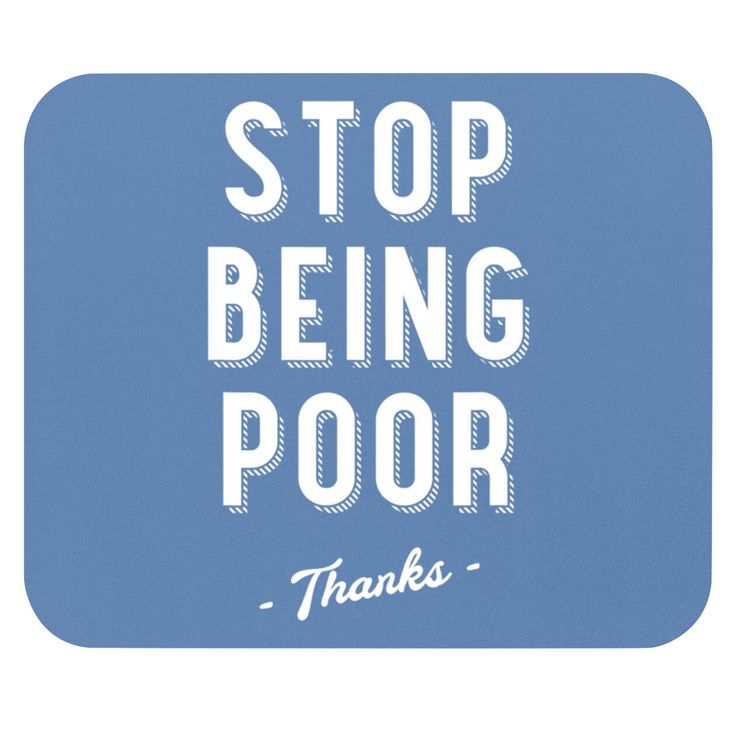 "When others show them caring, they don’t really believe or take it in—but feeling desperate for reassurance, they keep trying to elicit it (even when it’s already been given)." In many cases, being needy stems from a misconception that you need others around at all times for help and support. While it may seem challenging at first, it’s time to recognize that you're able to accomplish things on your own without anyone by your side. You’ll soon recognize that you’re able to have achievements on your own, and that it’s okay to spend time alone and do things without relying on others. Learn to become your own best friend, lover, and support system, and you'll feel much more fortified and self-assured in any situation, regardless of who else is there. "When a person feels more positively about themselves, they are more likely to believe when someone else feels positively towards them," adds Becker-Phelps.
"When others show them caring, they don’t really believe or take it in—but feeling desperate for reassurance, they keep trying to elicit it (even when it’s already been given)." In many cases, being needy stems from a misconception that you need others around at all times for help and support. While it may seem challenging at first, it’s time to recognize that you're able to accomplish things on your own without anyone by your side. You’ll soon recognize that you’re able to have achievements on your own, and that it’s okay to spend time alone and do things without relying on others. Learn to become your own best friend, lover, and support system, and you'll feel much more fortified and self-assured in any situation, regardless of who else is there. "When a person feels more positively about themselves, they are more likely to believe when someone else feels positively towards them," adds Becker-Phelps.
You may even grow to enjoy these moments by yourself and complete tasks and projects on your own or simply relish the freedom of solitude and the opportunities for introspection, creativity, and tranquility that it can bring. If you work toward improving your confidence, self-esteem, and ability to be more self-sufficient, you’ll realize you can flourish and succeed whether in a partnership or on your own. It can be as simple as starting with self-affirmations. "List out your positive traits or strengths and think about how you see them in your life," suggests Becker-Phelps. "Practice doing this with different strengths or situations to help you acknowledge and appreciate positives about yourself."
If you work toward improving your confidence, self-esteem, and ability to be more self-sufficient, you’ll realize you can flourish and succeed whether in a partnership or on your own. It can be as simple as starting with self-affirmations. "List out your positive traits or strengths and think about how you see them in your life," suggests Becker-Phelps. "Practice doing this with different strengths or situations to help you acknowledge and appreciate positives about yourself."
Talk to Your Partner
If you recognize that your behavior is needy or you can sense that your partner is becoming irritated, it's best to be open with them and have a conversation. "Be honest with your significant other about your clingy behavior; own your behavior instead of blaming them," says Bronstein. For example, don't blame the number of people they dated before you for your inability to trust them fully or tell them if they answered your texts faster you wouldn't have to check in so often.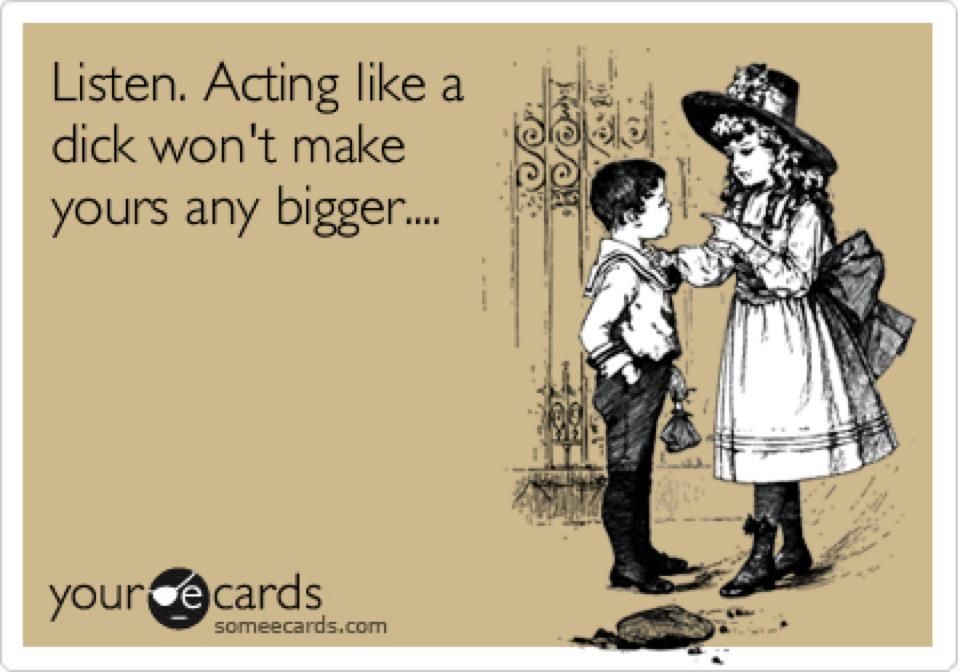 Be willing to apologize and let them know you will try your best to change your actions. Finally, advises Bronstein, ask your partner what they need from you in terms of behavior change. This will offer you some guidance as you begin to be more independent in your relationship.
Be willing to apologize and let them know you will try your best to change your actions. Finally, advises Bronstein, ask your partner what they need from you in terms of behavior change. This will offer you some guidance as you begin to be more independent in your relationship.
Be mindful of different love languages and the ways that a person can show up in a relationship. "If you believe you are in a relationship with a healthy, caring partner, practice consciously being open to the ways your partner shows their caring," says Becker-Phelps. "You may find that attending to this makes you uncomfortable. While you recognize the discomfort, continue to challenge yourself in staying with the awareness of the ways they show they care and to being open to feeling that caring."
Spend Time With Friends and Family
Spending time with people who lift you up is one of the best ways to gain confidence and feel more secure in both yourself and your relationship. "I encourage my clients to surround themselves with people who build them up, with who they feel comfortable being around, and who love them unconditionally," says Bronstein. Being with good friends and family is also a great distraction from any negative or anxious thoughts you may be having about your partner. "Spending time with caring others or doing things that you enjoy can also help you be more open to caring relationships," adds Becker-Phelps
Being with good friends and family is also a great distraction from any negative or anxious thoughts you may be having about your partner. "Spending time with caring others or doing things that you enjoy can also help you be more open to caring relationships," adds Becker-Phelps
Be sure to only spend time with people who leave you feeling loved and accepted, since hanging out with people who make you feel bad about yourself can leave you feeling more insecure than before and therefore more likely to exhibit clingy behavior. Bronstein says she inspires her clients to permit themselves to stop associating with anyone toxic or who brings them down.
Establish and Respect Boundaries
Healthy boundaries are a sign of respect for the relationship that you have with your partner as well as the relationship you have with yourself. They communicate that you have an awareness of your own needs and identity outside of a relationship and value them greatly. This sets the tone for how you expect others to treat you because it is how you treat yourself. It also provides insight and empathy for any boundaries your partner may have.
It also provides insight and empathy for any boundaries your partner may have.
"When you are loving toward your partner while also setting boundaries, you show them that you care even when you enforce some needed distance," says Becker-Phelps. "Hopefully with time they will begin to trust in your love. Importantly, it is best to do this from a caring or vulnerable position rather than from an angry position that will likely just increase your partner’s anxiety." For example, a boundary might look like asking your partner to not call or text after your bedtime. Instead of defaulting to blaming or accusations, start the dialogue with I-statements that reflect your perspective and feelings.
Address Your Relationship Anxiety Through Therapy
Professional support can help you address your relationship anxiety by developing a more positive relationship with yourself, which will in turn allow yo to open up to others. "Talk in therapy about your struggles," urges Becker-Phelps. "As you do, it can help greatly to develop greater self-awareness from a compassionate perspective. As you gain a better understanding of your anxiety, you can also practice seeing yourself from a more understanding and compassionate perspective." She goes on to add that working with a therapist who you trust and connect with can also help provide a better understanding of others.
"As you do, it can help greatly to develop greater self-awareness from a compassionate perspective. As you gain a better understanding of your anxiety, you can also practice seeing yourself from a more understanding and compassionate perspective." She goes on to add that working with a therapist who you trust and connect with can also help provide a better understanding of others.
FAQ
-
Clingy behavior is caused by an insecure attachment style defined by the fear of abandonment or rejection from a partner. It often stems from an inconsistent or nonexistent relationship with one or both parents in childhood but can also develop from previous romantic relationships where the person did not feel prioritized or loved by their partner.
-
Clinginess in a relationship means one partner is exhibiting behavior that is needy, suffocating, dependent, obsessive, or jealous, often resulting from a negative self image. Clinginess manifests in behaviors like demanding constant physical proximity, lack of independence or autonomy, a need for constant communication, and frequently asking for reassurance, help, or comfort.

-
Let your partner know how much you love and appreciate them and understand their anxiety. Openly communicate how you feel about their clingy behavior and be specific about why it bothers you without casting blame. Support them as they struggle with their anxiety and encourage them to work on finding a greater sense of security within themselves while remaining firm in your boundaries. "It is tempting to try to reassure them enough that they stop feeling anxious and fearing rejection but that usually ends in frustration because the neediness and clinging is about how they experience themselves more than about the current relationship with you," adds Becker-Phelps.
18 Top Deal Breakers In a Relationship to Consider
Meghan will not be happy: Prince Harry has another ex - with a very scandalous past
Prince Harry at the Commonwealth Day service at Westminster Abbey, March 13, 2017; Prince Harry arrives for a Commonwealth Day service at Westminster Abbey, London, England, United Kingdom
The release of Prince Harry's memoir, The Spare One, forced the biography of the youngest son of the new British monarch to be revisited once again.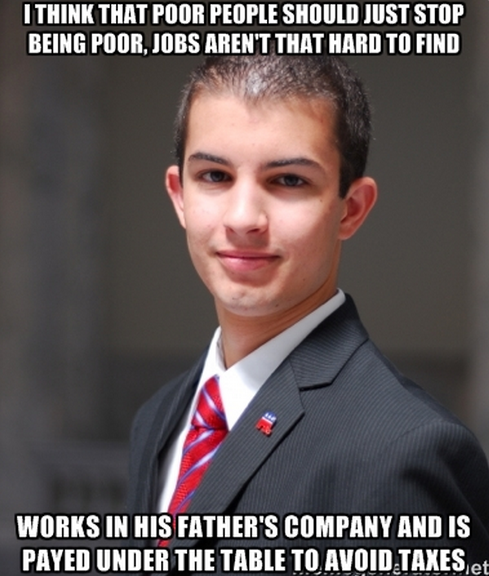 And there are a lot of amazing facts in it. For example, the alleged former lover of the Duke of Sussex said that she bets that the prince will not mention her in his new book.
And there are a lot of amazing facts in it. For example, the alleged former lover of the Duke of Sussex said that she bets that the prince will not mention her in his new book.
A woman 13 years older than Prince Harry claims he gave her the "most passionate kiss" she's ever had. She says she had an affair with His Highness when he was 21. The couple's relationship lasted a month and began on a stormy night. The prince liked a person with an ambiguous biography.
Catherine Ommanny said she met Prince Harry at a trendy bar in London's Chelsea. Then she was a 34-year-old mother of two children. And between her and the prince ran a spark. The American reality TV star, who once starred in The Real Housewives of DC, decided to tell her story when she heard that Harry would include details about former hobbies in his memoir. "I doubt I'll be in Harry's book as a prince can't run away with a 34-year-old mother of two, it's just not accepted," Ommanni told The Sun.
However, according to Katherine, despite the 13-year age difference, she spent "the best time of her life" with the prince, who gave her "the most passionate kiss she's ever had. " Ommanni added that the Queen's grandson behaved like teenagers on dates, kissing passionately and once even posing for a photo in the bath. “We had mutual friends in the real estate industry, and he introduced himself,” the former lover of the prince explained. Harry was wearing an Aussie style hat which made me laugh so I asked him 'What are you doing looking like a *** in it?' I don't think he's used to people joking and once we started talking, it was like there was no one else in the room.”
" Ommanni added that the Queen's grandson behaved like teenagers on dates, kissing passionately and once even posing for a photo in the bath. “We had mutual friends in the real estate industry, and he introduced himself,” the former lover of the prince explained. Harry was wearing an Aussie style hat which made me laugh so I asked him 'What are you doing looking like a *** in it?' I don't think he's used to people joking and once we started talking, it was like there was no one else in the room.”
Prince Harry with Yindi and Lovana koalas wearing an Acubra Bush hat at the Taronga Zoo in Sydney, Australia on September 23, 2003
Katherine said that as people began to leave the bar, “Harry pointed to one of the three Range Rovers parked outside, and said, "Jump with me," which flattered me a lot." She described the continuation of the evening as follows: "We were taken to the Eclipse nightclub in South Kensington and lowered down to the VIP area." She then described teasing the prince when the club's manager approached him to ask his favorite song, to which he replied "Gnarls Barkley, Crazy". Ommanni claimed to have called Harry "very spoiled", to which he laughed. Katherine stated: “I started chatting with someone and Harry got a rag out of a champagne bucket and put it on my head. I was a little upset because it was cold. I told him: “Stop being so needy, you can’t behave like that.” One of his guards came up and chastised him, saying, "Pull yourself together, you can't act like that." I have seen him scolded like that several times.”
Ommanni claimed to have called Harry "very spoiled", to which he laughed. Katherine stated: “I started chatting with someone and Harry got a rag out of a champagne bucket and put it on my head. I was a little upset because it was cold. I told him: “Stop being so needy, you can’t behave like that.” One of his guards came up and chastised him, saying, "Pull yourself together, you can't act like that." I have seen him scolded like that several times.”
Ommanni claims that he and His Highness ended up returning to his "friend in Chelsea" after she asked him if he makes a good bacon sandwich, to which the Prince replied, "I make a great bacon sandwich" . Katherine reported, "Harry and I smoked a cigarette on the steps outside and he really opened up to me." Including the prince told her "how close" he was with his grandmother. The woman described the rest of the night like this: “We went upstairs to the bathroom and started messing around like teenagers, singing into our toothbrushes like they were microphones. We went into the bath in our clothes and one of our friends took a photo on my phone. Harry and I went into the kitchen and he made a great bacon sandwich. We sat in the kitchen talking for ages and we both laughed a lot. We started to play a fight and I think we were fighting for about 15 minutes when I told him I had to go home. It was then that he lifted me by the waist from the floor and pinned me against the wall. He gave me the most incredible, passionate kiss of my life. I was completely speechless."
We went into the bath in our clothes and one of our friends took a photo on my phone. Harry and I went into the kitchen and he made a great bacon sandwich. We sat in the kitchen talking for ages and we both laughed a lot. We started to play a fight and I think we were fighting for about 15 minutes when I told him I had to go home. It was then that he lifted me by the waist from the floor and pinned me against the wall. He gave me the most incredible, passionate kiss of my life. I was completely speechless."
The Real Housewives of DC lineup of Mary Amos, Michaele Salahi, Stacy Scott Turner, Katherine Ommanni and Linda Erkiletian in Beverly Hills, California on July 30, 2010
According to Katherine, although he and Harry have dated several times in "private bars", news of the relationship reaching the public delayed them - and after two more dates, the prince changed his number, and they did not see each other until 2009, bumping into each other at a polo match in Barbados. Ommanni stated that they "kissed and hugged" and "had a great conversation," adding, "Looking back, it's a shame we couldn't remain friends."
Ommanni stated that they "kissed and hugged" and "had a great conversation," adding, "Looking back, it's a shame we couldn't remain friends."
“I hope he is happy and has finally found some freedom, because that is what he was desperately looking for at the time,” Katherine said. “I hope Megan takes care of him and I wish him nothing but happiness and success because he is very brave, charismatic, incredibly funny, smart and sweet person.”
Yana Demchenko
Photo: Alamy
9 effective ways to stop being so needy and vulnerable / Reads for women
Does your boyfriend think you are needy? Find out how much you need and use these 9ways to stop being needy and insecure in your relationship.
Isn't it great to be in love? There is someone who will always be by your side. He is the one who will listen to you, give you advice, comfort you on bad days and make you feel better. He can help you with the housework, call you every hour or bombard you with gifts and compliments! Doesn't love make life so perfect??
Looking at your relationship in rosy colors, this is a common thing from the very beginning.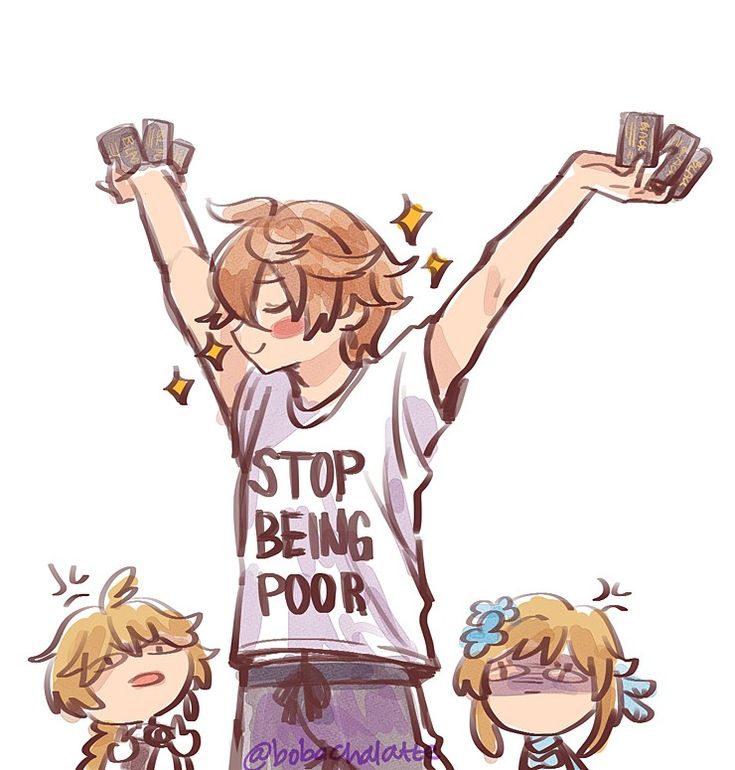 But when you take those glasses off and try to objectively look at what's going on in your relationship, what do you see?
But when you take those glasses off and try to objectively look at what's going on in your relationship, what do you see?
Do you see a girl who always runs to her boyfriend for help? Do you see the girl who is always texting, calling and emailing her boyfriend even though she knows he is busy at work? Do you see a girl who needs constant love and adoration from her boyfriend in order to feel good?
If any of these statements describe to some extent how you behave in a relationship, chances are you are needy and/or insecure..
Give yourself a moment and try to figure out if there's any chance that you might be strangling your boyfriend with a clinging.
9 effective ways to stop being needy and insecure about love
Do you think you need or are not sure? Well, don't worry, there are plenty of ways to control this behavior so that your partner doesn't feel like you're taking away their freedom. You just have to wean yourself off your needy behavior and give it room to crave you.
#1 Don't trade on time. Keeping track of how often you are together is not healthy behavior in a relationship. You can't tell him that just because he's with his friends today, he should be with you all day tomorrow.
Shouldn't he "pay"?? for what he wants. If this continues, he may be tempted to go behind your back when he wants to do something to avoid the fuss. This can either lead to more lies or to him being fed up when you ask for more time. Remember, it's the quality of the time you spend together, not the quantity.
#2 Get a hobby, preferably one that can boost your self-esteem. There are many things you can do to improve the skills you already have. Love to work with your hands? There are tons of DIY projects! Do you have an ear for music? Maybe music lessons will work. Do you want to be in the best shape? Try a new trendy workout.
Not only will this help you boost your self-esteem by improving your skills, but it will also keep you busy enough to give your boyfriend some space.
# 3 Make communication a smooth trade. Watch your text or online conversations with your boyfriend. Are you taking up more than 70% of your conversation space? A good way to avoid bombarding your boyfriend with messages is to strive for equality.
For example, whenever you send a text, you might be tempted to send a continuation. Skip the continuation and make your opening text the start of a conversation. Ask about his day, mention something he'd be interested in, or even ask him for a drink. Now patiently wait for a response before sending him another text. In the meantime, you can do your hobby.
#4 Don't let jealousy rule your relationship. Jealousy can lead to such terrible scenarios that it needs its own library! But jealousy is that it can form its own vicious circle. You can start out feeling needy, but then you'll be jealous of others taking up your boyfriend's time.
If you often get jealous when your partner isn't around, bombarding them with text or accusing them of being unfaithful won't help. Instead, you can try to have a little faith. Calm down and be rational. If he's not known to have a roving eye, or if he's just at work, try to believe him when he says he doesn't side with anyone. A little trust can go a long way!
Instead, you can try to have a little faith. Calm down and be rational. If he's not known to have a roving eye, or if he's just at work, try to believe him when he says he doesn't side with anyone. A little trust can go a long way!
#5 Keep your expectations realistic. Your partner is not perfect and cannot always help you with everything. This helps to understand that he also has a life: family, friends, hangouts and a job in which to excel.
When he is not available to be with you or talk to you, it is not a sign that he does not care about you. Instead, it's a sign that he has other priorities as well. Even if he's always been the only person you can count on for anything, he may have realized that it's time to help you become more independent by letting you do things on your own. Don't take his inability to be there as an insult.
#6 Give yourself an hourly texting limit if you text messages constantly. When you have your phone on all the time, it's tempting to just let your boyfriend know when you're thinking about him. Try to fight this by setting a limit on yourself.
Try to fight this by setting a limit on yourself.
There are many ways to set a limit: you can do a few things in an hour or two before writing to him. You can watch TV from your phone in another room. You can keep your phone in your drawer when you're at work, so you'll only be able to text it after you finish certain work..
# 7 Respect each other's space. When he asks for one time, make sure you respect him. Everyone needs a quiet time to get away from it all. But don't think that every time he asks for a seat, he pushes you away. It simply means that he keeps himself from suffocating with all the things he has to deal with every day.
When you give him one time, remember that it's not because you did something wrong. Rather, it's because everyone needs to recharge from time to time. Maybe this could also be the perfect time for you to spend time alone as well. [Confession: I'm a guy who's too clingy and needy!]
# 8 Is something missing? Sometimes need can come when we need something and we are looking for it in our relationship. For example, you are bored with your job and are looking for excitement. Instead of going out there and looking for better job opportunities or more interesting challenges, you call your boyfriend and ask him out on an exciting date.
For example, you are bored with your job and are looking for excitement. Instead of going out there and looking for better job opportunities or more interesting challenges, you call your boyfriend and ask him out on an exciting date.
But of course, since he can only give you so much, you will continue to want more and expect more. Not only will this wear him down, but it won't solve the problem of finding excitement in a completely different aspect of your life. In this case, you should be talking to your boss, not the guy you're dating!
# 9 Sometimes it's him and not you. Sometimes we can start to feel insecure when we feel like our relationship is fading away. So what we're doing is trying to cling to that, encouraging fellowship, going on frequent dates and basically trying to reanimate it all.
However, there may also be times when, no matter how we try to execute our transaction, our partner is no longer interested. If you think this is happening in your relationship, we suggest that you talk to him about it.
